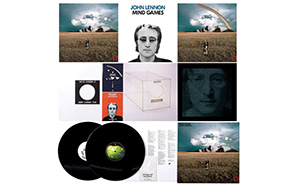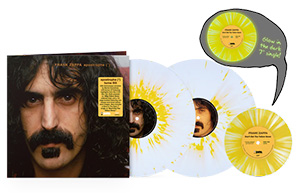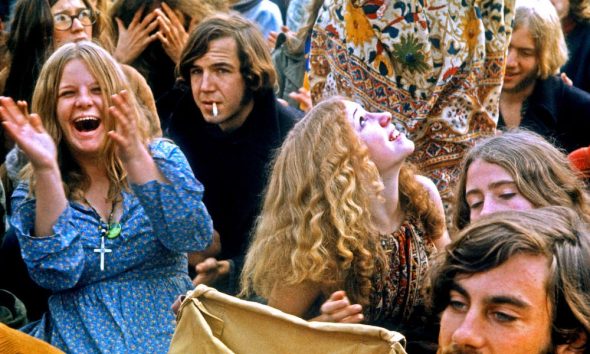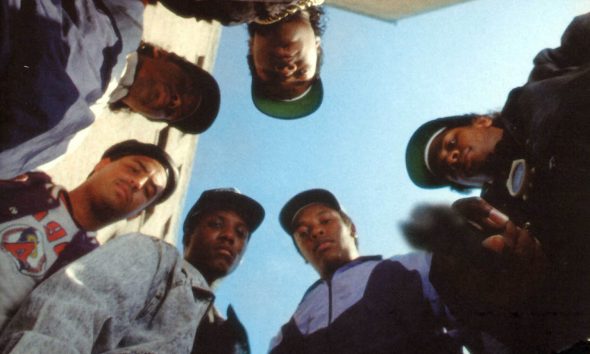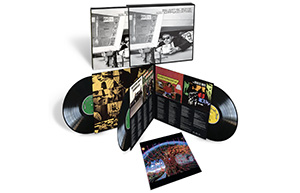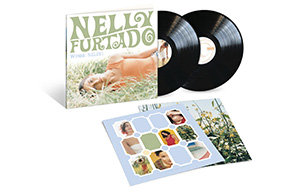Hot Stuff From The Hot Five
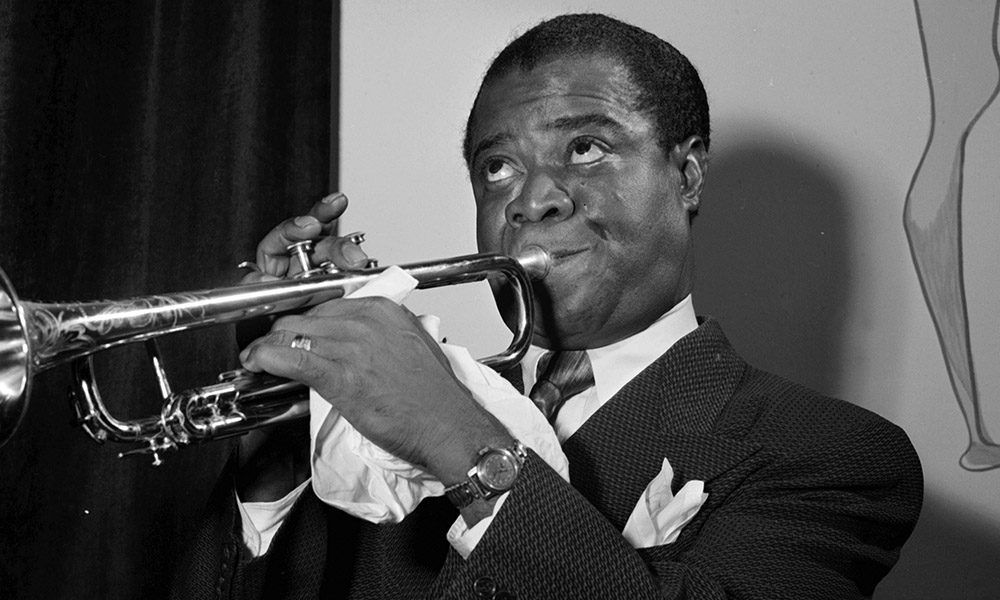
“When we went down to the OKeh recording company for the first time, we were all Mike Fright. We did not realize just how much we were frightened – until the day we recorded the ‘Gut Bucket Blues’” – Louis Armstrong
Louis Armstrong’s return to Chicago in 1925 was his most important career move since arriving from New Orleans to join the King Oliver band. In the Fall of 1925 Louis signed an exclusive recording contract with the OKeh record label. Then, just like it has been ever since, it was most every musician’s dream to have their name on a record and Louis, with his wife Lil’s encouragement, was no different. While the income from the sales of records did not mean a big payday, it did mean far greater exposure and the opportunity of getting better live gigs along with the ability to charge more by way of a newfound reputation.
The man behind the OKeh deal was a Missourian named Ralph Peer, who had worked for Columbia Records before joining OKeh in 1920 as recording director. Shortly after he took up his new role Peer created history in August 1920 when he recorded ‘Crazy Blues’ with Mamie Smith and her Jazz Hounds – the first blues record recorded specifically for a black audience.
Louis had met Peer while he was with King Oliver’s band and claimed it was Elmer Fearn, the President of OKeh’s parent company, that signed him up, but not as a star name. In the week before cutting his first records under his own name Armstrong was backing some now almost forgotten OKeh singers including Bertha ‘Chippie’ Hill and Blanche Calloway; nor would it be the last time.
It was on the morning of 12 November 1925 that Louis, along with Lil, Kid Ory on trombone, Johnny Dodds on clarinet and Johnny St Cyr, the banjo player were in the studio in Chicago where, as the Hot Five, they recorded ‘Well I’m in the Barrel’, ‘Gut Bucket Blues’ and ‘My Heart’. The first two tunes were the first release by Louis Armstrong and his Hot Five’s on the OKeh label for which he earned $50 a side for each recording and probably a similar amount for the tunes that he and Lil wrote – OKeh sold their records for 75 cents a piece. As Louis later said, “We weren’t paying attention to the royalties and all that in those days.”
As 24-year-old Louis says as he introduces ‘Gut Bucket Blues’ after St. Cyr has played the introduction to this blues tune, “Play that thing, Mr. St Cyr, Lord! You know you can do it; everybody from New Orleans can really do that thing, hey hey!” Later in the recording Louis introduces the other, older, members of the Hot Five. It seems to have been at Fearn’s request that they played a blues tune; maybe it was some kind of ‘foot in both the jazz and blues camp’ strategy with OKeh trying to see how sales went. No matter which label or which new artist it was, at this point they had little idea of what was going to sell. There was a gulf of difference between a popular live turn and artists that could sell records across vast swathes of America. Louis was a local legend, no national hero.
It would be another three months before Louis and his Hot Five were back in OKeh’s portable studio at the Consolidated Talking Machine Company. In the interim it was back to the night job as Lil Armstrong’s Dreamland Syncopaters featuring the world’s greatest jazz cornetist, Louis Armstrong at the dance hall on 3520 South State Street that was located in ‘The Stroll’, the South Side’s entertainment district. Some of the Hot Five played with other Chicago bands, notably St Cyr who played with both Doc Cooke and Jimmy Noone.
The Hot Five were only ever to appear once playing live in public; However, it was the start of the creation of the legend of Louis


